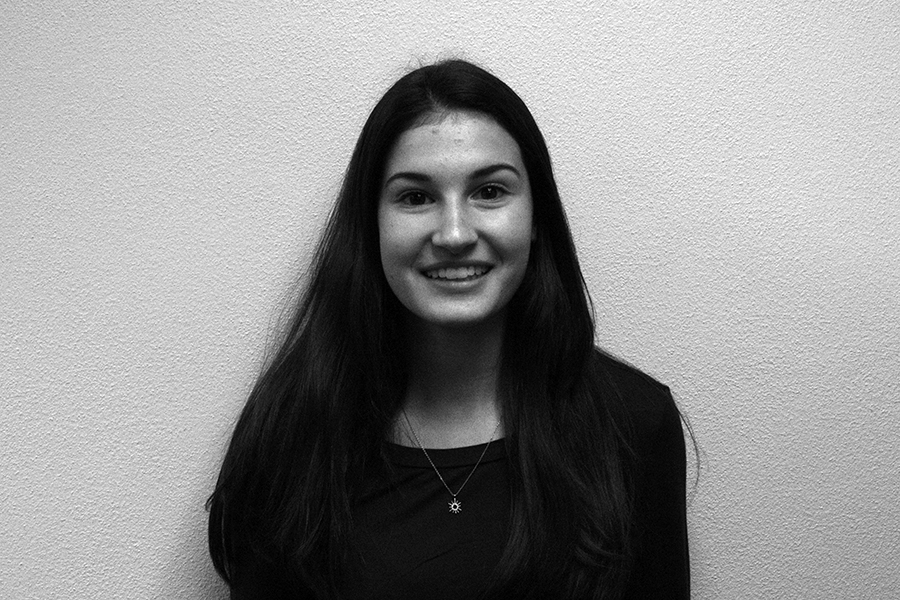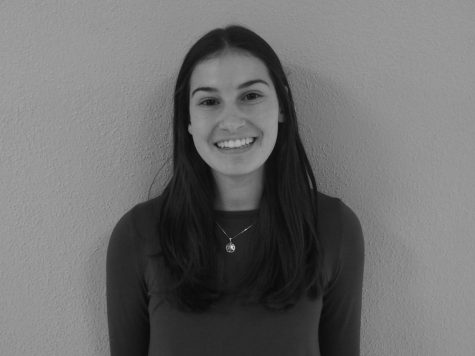Potential IB Hebrew termination loss for Park
Global efforts to recruit could prove beneficial
May 4, 2018
Since kindergarten, I have been taking formal Hebrew classes. When I first heard that International Baccalaureate (IB) would potentially be terminating its IB Hebrew B Standard Level course, I felt disappointed.
Last year, Hebrew’s biggest worry was its three sections becoming two. To avoid combining so many levels into one class, the number of Hebrew classes per week was cut from five to four.
Nothing will be decided until 2019, according to the letter IB sent to all families with children in the Hebrew program. Additionally, the cancellation of the program is motivated by a global phenomenon — around the world, there are currently only eight schools, including Park, that offer IB Hebrew B SL.
It would seem a shortage of students is a recurring issue, as the program was also deemed “at risk” in 2012. If the program makes it through the 2019 cut, there is no guarantee that it would not be “at risk” in future years. Understanding this as a global issue and not Park’s decision does not change that an end to the IB Hebrew program at Park would be a shame.
As we move to a more globalized world, there is even greater value in developing language skills. Many language students at Park do not actively use their knowledge in their daily life. However, I find, with Hebrew, this is not the case. I can honestly say that I have been in situations where my Hebrew knowledge has really enhanced by understanding and communication.
The only other course IB offers in Hebrew is as a fluent language, and it would not be realistic for Park to offer a bilingual Hebrew program for the majority of its Hebrew students. This would most likely result in even smaller class sizes as many current Hebrew students are not capable of becoming fluent in a few short years.
For many students from Jewish elementary schools, Park’s Hebrew program makes the school a more attractive option. Although there are only four Park students enrolled to take the IB exam this year, the current intermediate class has 17 students.
According to IB, in order to keep Hebrew as a second language at Park, there would need to be five schools globally with 75-100 students enrolled to take the IB test. If Park were to focus efforts on recruiting students from the Hebrew program’s main feeder schools, and other schools globally did the same, it would be possible to keep IB Hebrew at Park.




